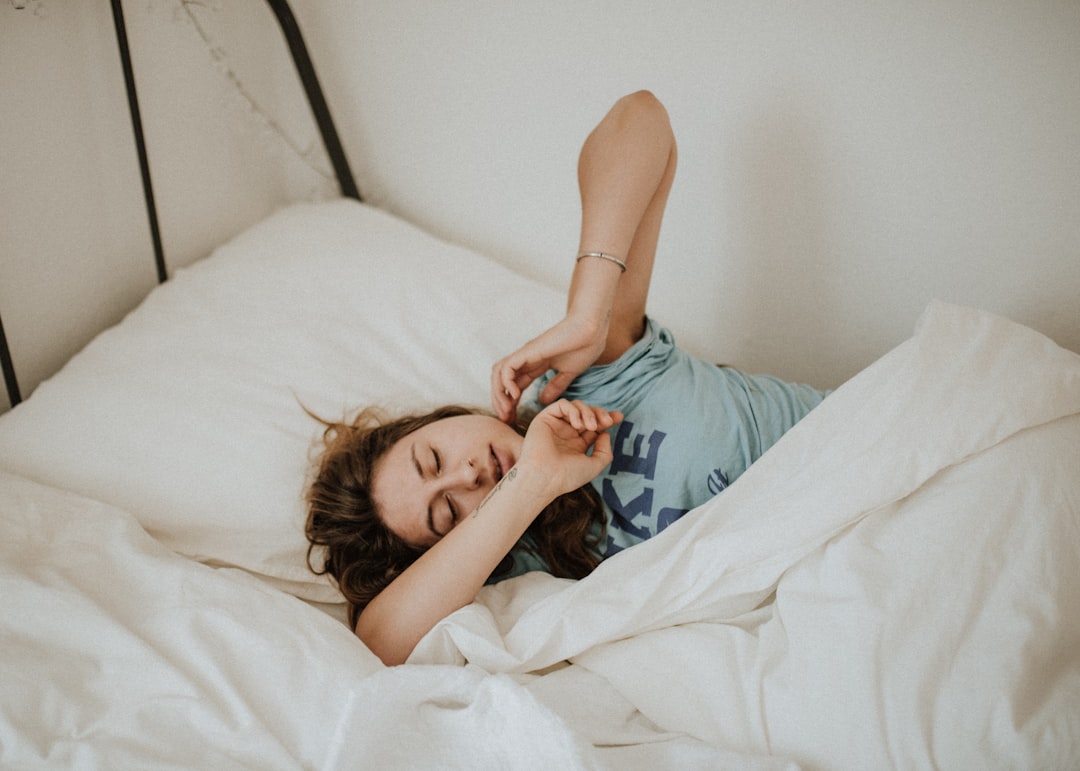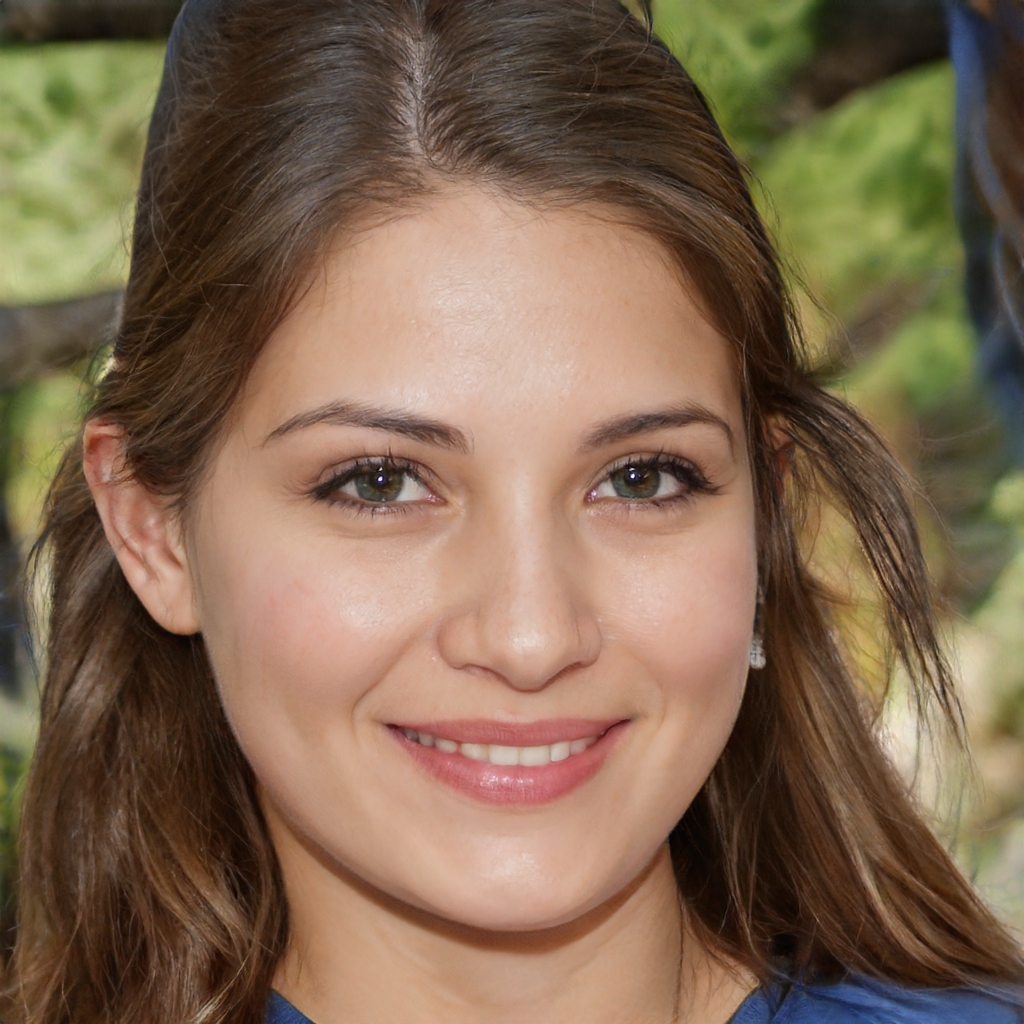How Often Should You Practice Piano?

I’ve been teaching private piano lessons for over a decade and one of the most important questions I’m asked is, how many hours a day should you practice piano? In order to improve as an instrumentalist you have to practice and as George Benson says, “Stay familiar with the instrument.”
The optimal amount of time to practice piano daily is between 30 minutes to 4 hours. Practice must be focused specifically on exactly what you are trying to improve on. There is a big difference between practicing piano and just playing the piano.
What Should You Be Practicing On Piano?
When it comes to practicing the piano, the most important thing is to just do it. Even if you're tired or don't feel motivated, it's crucial that you familiarize yourself with the instrument and make sure you practice everyday. When you miss a day of practice, the next day when you're practicing you're just making up for the missed day and you might not actually be making any improvement. The most important thing for you to practice on piano is what you are worst at!
Some common things to practice are scales, technique and whole pieces of music. When I'm teaching private piano lessons in Bethany I have my students practice piano like this.Scales are often a great way to warm up before a practice session. It is very important to learn all your scales, so you feel comfortable in any key on the piano. Technique is also very important to practice. If you have good technique you will be able to play fast and slow, loud and quiet. Practicing scales and technique are what helps you when it's time to play a piece of music.
When I'm practicing a piece of music, I like to play through the entire piece at least once or twice. This way I can identify what parts of the song are giving me the most trouble. Then it's important to isolate those parts and that is where you should be focusing your practice. It's not doing you any good to play parts of the piece that are easy for you. This might give you a temporary confidence boost, but in the long run you're not actually learning new skills. So once you've identified the difficult parts of the piece you should focus on those and run them slower until they feel natural in the start to speed up that section.
Check Out This Video of Tiffany Poon Practicing
How Long Should You Practice Piano For?
Okay, so I've explained a little bit of what you should be practicing on the piano but now the question is, how long should you be practicing? Younger students should practice piano for 30 minutes a day. Young kids typically don't have enough focus to effectively practice for longer than 30 minutes. Plus, you can get plenty done in 30 minutes. It's important to remember to warm up, but also remember that the time you spend warming up doesn't count towards your practice time. Warming up is essential to have a proper practice session.
If you're hoping to make a career out of music or you're currently in music school, you can be practicing up to 4 hours a day. If you're trying to consistently have these Marathon Practice Sessions, make sure to take plenty of breaks. You should plan out your breaks before you start your practice session so you hold yourself accountable. I like to take a 10-minute break once an hour to let my mind regain some focus.
But if you're doing a marathon for your practice session, make sure you're still being efficient with your practicing. That means you word only spending time on things you are struggling with oh, and not just playing things that are fun to play. Always remember you're practicing to improve not just to play the instrument. Also make sure your are practicing on a properly tuned and serviced piano. Playing on an out of tune piano can be detrimental to your musicianship. To learn more about servicing your piano check out:

When Should You Practice Piano?
Many of the most successful musicians I know set aside a specific time of day to practice. This could be first thing in the morning or it could be in the evening. Typically though, people who practice in the morning are more successful at sticking to their practice routine. Granted this might not work with everyone's schedule, but if you get up early and set aside that time to practice that can be a very effective way to ensure consistent practice.
But the most important thing to remember is practice is practice and it's always better to make sure you practice. If you find yourself not practicing because you can't stick to the schedule you set up then abandon the schedule and prioritize just practicing. The schedule is just a tool to help ensure that you do practice. It shouldn't get in your way.

Are You Practicing Piano Too Much?
It's easy to tell if you're practicing too much, because you are no longer focusing on what you're practicing. It's easy to fall into the trap of wanting to spend hours and hours sitting at the piano playing and counting it as practice. But that is not practice! That is just sitting by the piano making yourself feel like you're practicing.
Another sign you're practicing too much as if you start to develop discomfort in your fingers, wrists or forearms. If you're feeling any pain you should stop playing immediately. It can be tempting to try and push the pain but trust me that will not work in this case. I have many friends who have developed tendonitis and the only solution to that is changing your playing technique and giving yourself a break. It's a very slippery slope to try and play through the pain.
With some consistency you can certainly work up to efficiently practicing 4 hours a day but chances are you won't be able to start at that amount of practice. It is always best to start with 30 minutes especially if you are young and slowly work up if you desire. But remember more practice isn't always better, smart practice is always better. Smart practices when you're focusing just on what you need to improve on. Remember, you don't need to practice what you're already good at. Plus spending extra time slowly focusing on what's challenging will make you improve faster and that's the goal.

How Do You Know If You Are Practicing Piano Correctly?
Actually, it's easy to tell if you're practicing correctly, because you'll be improving! Another way to tell that you were practicing correctly is to first come up with a list of what you want to improve on and what you want to practice. Then actually practice what you want to practice. And then a week later look back at the list and see if you've made any improvements on each of those areas. People often overlook the simple fact that they need to set goals for themselves. This means actually write them down. Then look back at your written down goals and see if you are achieving them!



